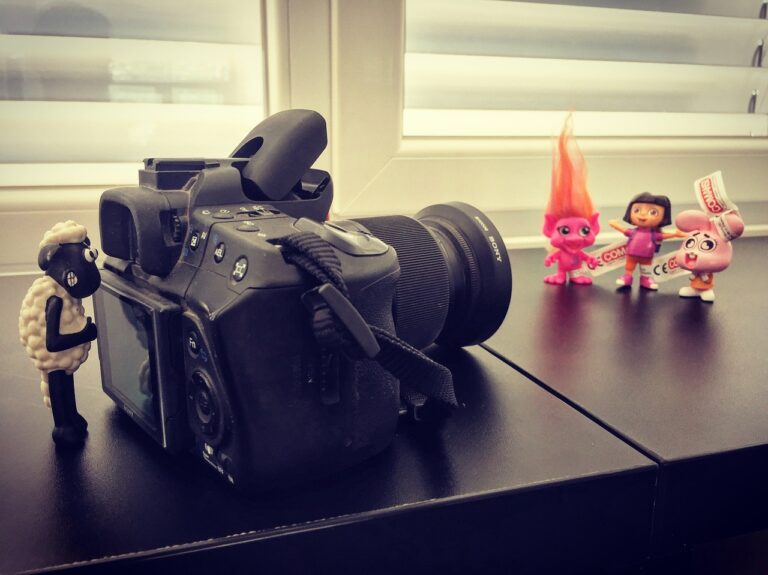Exploring the Future of Music Distribution: Blockchain Technology and Decentralized Platforms: Allpaanel, Laser247 com app login, Yolo 247 com login
allpaanel, laser247 com app login, yolo 247 com login: The music industry has undergone significant transformations in recent years, with the rise of digital streaming platforms fundamentally changing the way we consume music. While these platforms have made it easier for artists to reach a global audience, they have also raised concerns about the fairness of compensation and the control of music distribution. However, a new technology is emerging that has the potential to revolutionize the music industry: blockchain technology.
Blockchain technology is best known for its role in creating cryptocurrencies like Bitcoin. However, its applications extend far beyond the realm of finance. In the music industry, blockchain technology can be used to create decentralized platforms that allow artists to distribute their music directly to fans, cutting out middlemen like record labels and streaming services.
One of the key advantages of blockchain technology is its ability to create a transparent and secure ledger of transactions. This means that artists can track how their music is being consumed and ensure that they are fairly compensated for their work. Additionally, the decentralized nature of blockchain platforms means that artists have more control over how their music is distributed and can set their own terms for licensing and royalties.
Blockchain technology also has the potential to address some of the issues of piracy that plague the music industry. By using smart contracts, artists can ensure that their music is only accessed by those who have paid for it, reducing the risk of unauthorized sharing and distribution.
Several blockchain-based platforms have already emerged in the music industry, offering artists new ways to distribute their music and connect with fans. These platforms allow artists to upload their music directly, set their own prices, and receive payments instantly in cryptocurrency. This represents a significant shift from the traditional music industry model, where artists often have to wait months or even years to receive royalties from streaming services and record labels.
As blockchain technology continues to evolve, we can expect to see even more innovative solutions for music distribution. From using blockchain to create unique digital collectibles tied to music releases to creating decentralized autonomous organizations that allow fans to invest in artists’ careers, the possibilities are endless.
In conclusion, blockchain technology has the potential to revolutionize the music industry by creating a more transparent, fair, and decentralized distribution system. By empowering artists to take control of their music and connect directly with fans, blockchain technology is shaping the future of music distribution.
FAQs:
Q: How does blockchain technology ensure fair compensation for artists?
A: Blockchain technology creates a transparent ledger of transactions, allowing artists to track how their music is being consumed and ensuring that they are fairly compensated.
Q: Can blockchain technology prevent piracy in the music industry?
A: Blockchain technology has the potential to reduce piracy by using smart contracts to limit access to music to those who have paid for it.
Q: What are some examples of blockchain-based platforms in the music industry?
A: Examples include platforms like Audius, Ujo Music, and Resonate, which allow artists to distribute their music directly to fans using blockchain technology.







